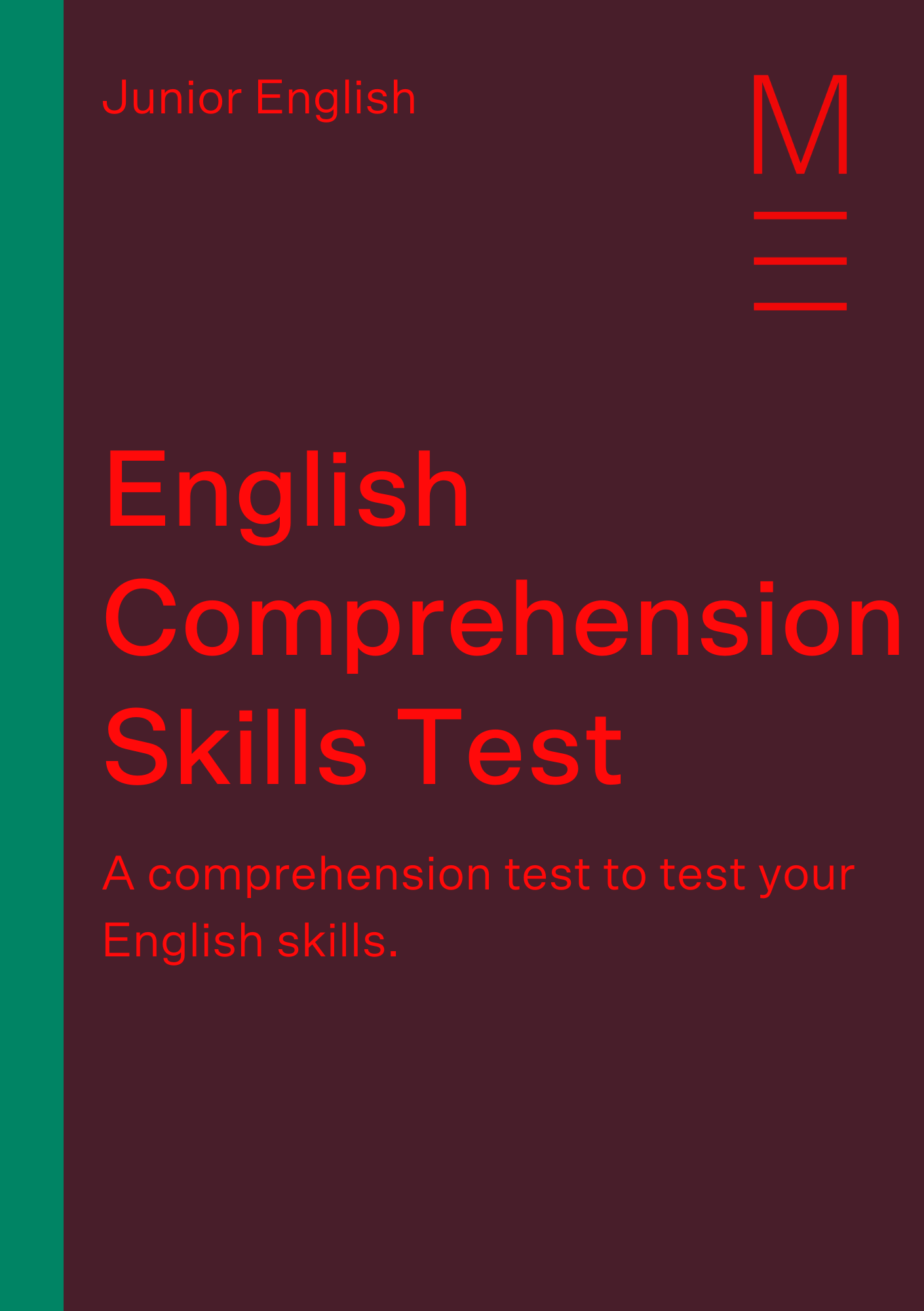Welcome to Matrix Education
To ensure we are showing you the most relevant content, please select your location below.
Select a year to see courses
Learn online or on-campus during the term or school holidays
Learn online or on-campus during the term or school holidays
Learn online or on-campus during the term or school holidays
Learn online or on-campus during the term or school holidays
Learn online or on-campus during the term or school holidays
Learn online or on-campus during the term or school holidays
Learn online or on-campus during the term or school holidays
Get HSC Trial exam ready in just a week
Get HSC exam ready in just a week
Select a year to see available courses
Science guides to help you get ahead
Science guides to help you get ahead

Welcome to the Beginner’s Guide to Year 7 & 8 English. In this Guide, we’re going to discuss the skills and knowledge you need to ace your first years of high school!
High school can be a profound change for children as they move from primary school to high school. Students are given more autonomy, but also have more responsibility for their own learning.
Test and improve your reading and thinking skills with this practice test - answers included! Fill out your details below to get this resource emailed to you. "*" indicates required fields
Download your free English Comprehension Skills test

Download your free English Comprehension Skills test
While some students take to this new responsibility and freedom well, others tend to take longer to acclimatise and struggle without the close guidance they received in primary school.
In English, the change can be very challenging as students move from grammar and basic discussions about texts to writing analytical responses in complex paragraphs or essays.
The texts students study become more challenging and the analysis students produce is much deeper. Similarly, creative responses become more complex and require more techniques, deeper characterisation, and the dreaded dialogue.
The Beginner’s Guide to Year 7 & 8 English explains and presents step-by-step processes and dos and don’ts for all the key skills required by the syllabus outcomes.
Let’s look at the different articles that we’ve included.
In high school, students study stages 4, 5, and 6 of English. Each of these stages is designed to help students develop their English skills and broaden their knowledge of the subject and gain an appreciation for literature, poetry, film, and drama.
Stage 4 is the first Stage of High School English. The aim is to transition students from primary school and prepare them for the challenges that senior English will throw at them.
Stage 4 is where students increase their proficiency with English skills and begin to understand the depth and breadth of information that texts can contain.
Students will hone their skills in reading and analysing more complex English literary texts such as novels and poems. Students will develop their skills for analysing films and other text types such as plays, poetry, and non-fiction writing.
Stage 4 is focused on developing students writing and analysis skills. Years 7 and 8 are where students begin writing increasingly complex responses and developing their ability to apply their knowledge of texts in their writing.
In addition, students need to begin assessing how playwrights, novelists, poets, essayists, and speechwriters employ figurative devices (things like metaphors, imagery, or rhetorical questions, to develop meaning.)
Years 7 and 8 will bring students a host of new experiences but also new challenges.
Let’s see what you have ahead!
High school English requires more independent learning from students. Students will be expected to learn and analyse texts on their own.
Students will need to be confident in their responding. From Year 7, students will need to begin producing increasingly sophisticated written responses that demonstrate their knowledge and understanding of texts.
In addition, students will need to communicate their individual perspectives on ideas and texts in their writing – in both critical and creative responses.
To give you a better sense of what you’ll face in Years 7 and 8, let’s take a look at the specifics of Stage 4
For Stage 4, students will need to acquire knowledge from a variety of related areas:
This knowledge is essential for developing critical thinking skills, analysing the variety of texts that students will study, and producing responses.

Students will read and view increasingly challenging texts. Students will need to be proficient and confident readers.
If students aren’t reading regularly for pleasure by the time they are in Year 7, it is a habit they must develop. Students who read regularly and for pleasure consistently outdo those that do not.
Students will continue to develop critical thinking skills throughout Years 7 and 8.
What is critical thinking?
Critical thinking is when you evaluate and actively question and review your thinking.
Critical thinking entails drawing from multiple subject areas to formulate and refine areas.
For example, in English, students need draw on their knowledge of a text, its context and the author’s context, their knowledge of literary devices, and their understanding of writing to produce a written response to a question.
Critical thinking is an essential skill for reading and deriving meaning from texts. When you engage in textual analysis, you are applying critical thinking.
Textual analysis is the process of reading a text and analysing how a composer has developed meaning. When students analyse the texts they consider the meaning they find in the text and try to understand how the composer of the text has represented this meaning.
Students need to have a thorough understanding of different figurative devices that are used in different mediums of production to produce effective analysis.

Students need to be able to communicate their ideas and understandings to wide audiences in a variety of modes. In Years 7 & 8, students will need to produce responses in a variety of modes:
FInally, it is important that students begin developing self-reflection skills.
Self-reflection is when you look back on the work that you’ve done and reflect on:
Self-reflection is a process that should help you improve your work in future. So, self-reflection tasks shouldn’t be taken as a task where you beat yourself up. Instead, you should use it as an objective opportunity to improve.
While Students will need to have confidence in the following skills before they can comfortably develop further.
Comping into Year 7, students will need to have confidence and competence:
Students will build on these basics as they learn new skills and acquire new knowledge.
Over the course of Years 7 and 8, students will develop the following skills:
Whether you are a student or a parent, this Guide will have important information for you in every article.
This guide is meant to be practical. To that end, it covers the skills you will need in Years 7 and 8 for academic success and provides you with step-by-step guides and practical tips to help you learn and develop.
Throughout this guide, we have provided detailed examples and step-by-step guides that utilise the experience that we have developed over the past 18 years in helping thousands of students realise their academic goals.
With Matrix+, we provide you with clear and structured online lesson videos, quality resources, and forums to ask your Matrix teachers questions and for feedback.
Learn more about our Matrix+ Online English course now.
Get ahead with Matrix+ Online
Expert teachers, detailed feedback and one-to-one help. Learn at your own pace, wherever you are.
© Matrix Education and www.matrix.edu.au, 2025. Unauthorised use and/or duplication of this material without express and written permission from this site’s author and/or owner is strictly prohibited. Excerpts and links may be used, provided that full and clear credit is given to Matrix Education and www.matrix.edu.au with appropriate and specific direction to the original content.